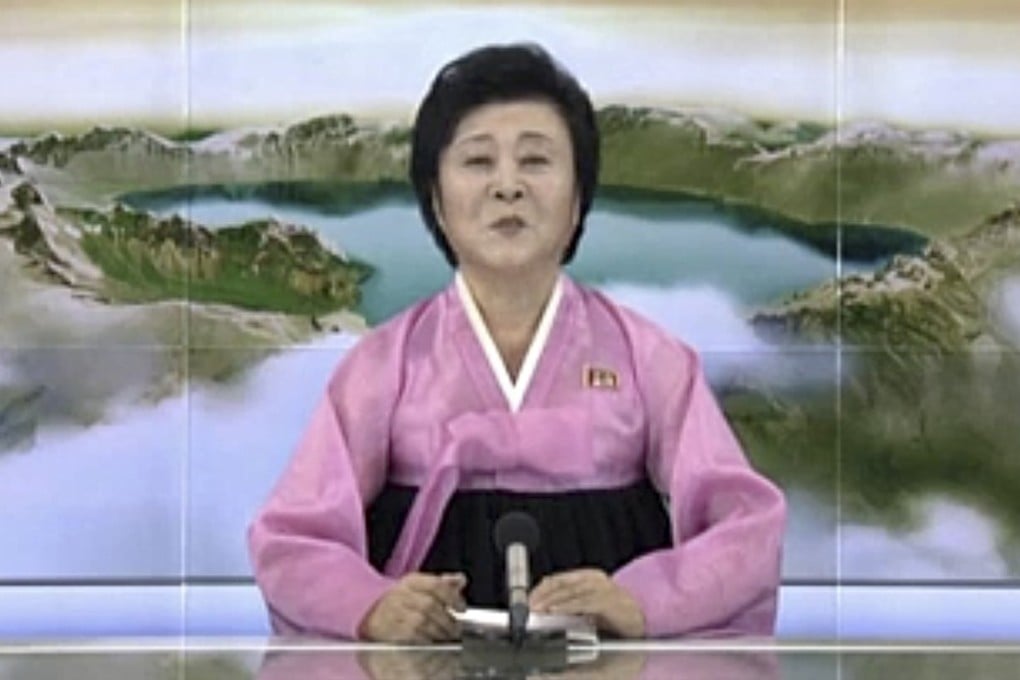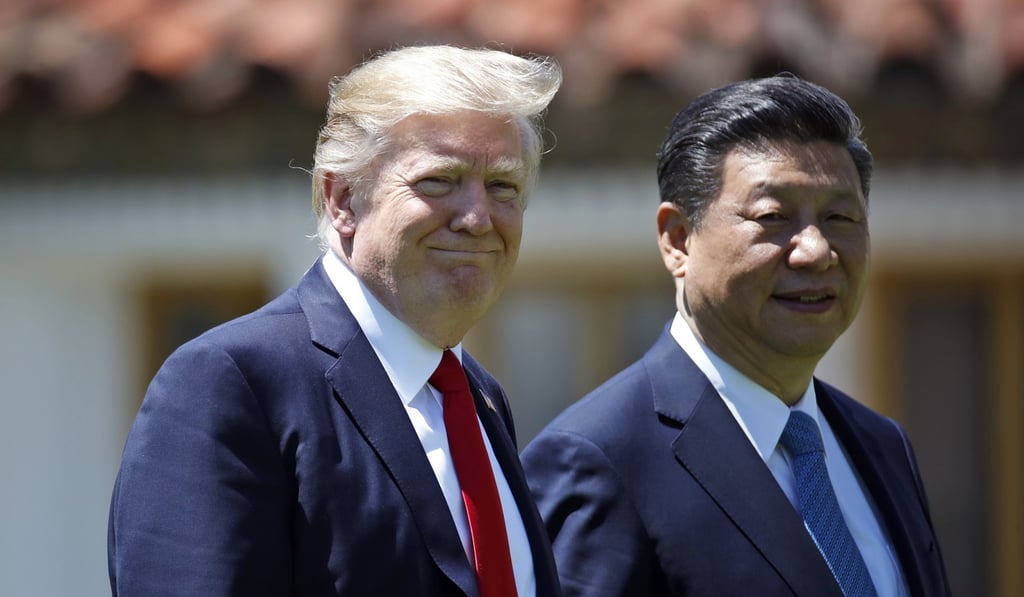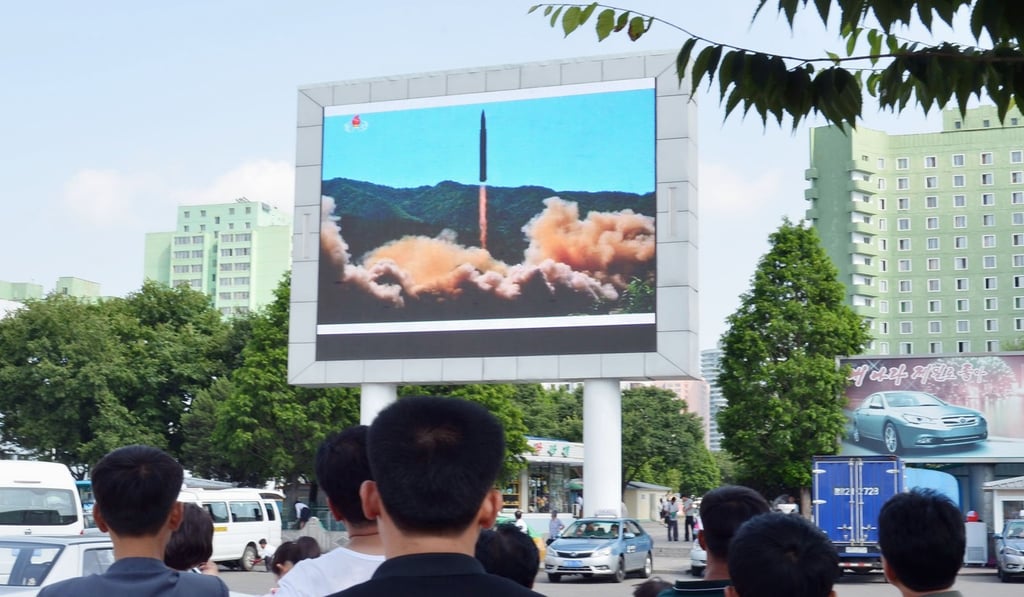Quick Take | Is US ignorant of the limits of Chinese influence over North Korea?
The US president’s demands that Beijing rein in its neighbour overestimate its influence and help Pyongyang drive a wedge between China and America

Confronted with a watershed moment in the rogue state’s efforts to develop a nuclear weapon capable of hitting the mainland United States, the American president’s confused reaction was to take to social media to demand China “end this nonsense once and for all”.
The delivery system Trump used to launch his first salvo in the latest crisis to engulf the Korean peninsula was predictable enough – Twitter. Likewise predictable was that in aiming at Beijing, rather than Pyongyang, he was, as usual, a few hundred kilometres off target.
This was no simple misfiring on Trump’s behalf – but the latest in a long line of potshots towards China that suggest the US president’s sights are permanently misaligned when it comes to North Korea.

Mystery of the North Koreans who left Macau for Zhuhai

